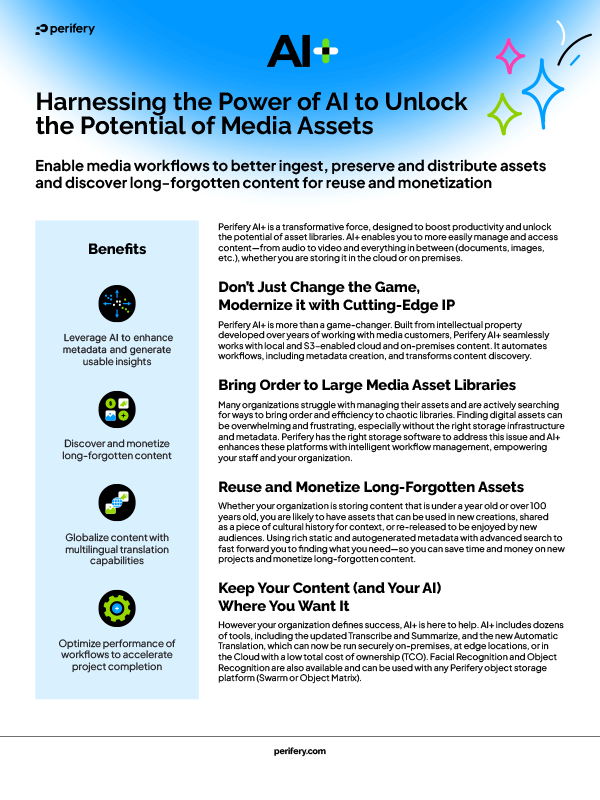
As we move into a full month of the current writers’ strike it is becoming more and more apparent how important AI is to the negotiations and the future of all industries. Of course, there are the standard issues for the writers, including pay, residuals, and health insurance, but the use of AI in the future of productions will really be what this generation will be remembered for.
The Writer’s Guild of America (WGA) is concerned that AI will eventually replace writers. AI-powered writing tools are becoming increasingly sophisticated, and they can already generate high-quality content. The WGA is worried that if studios start using AI to write scripts, it will put a lot of writers out of work.
The entertainment industry is not taking the WGA's concerns seriously. Studios argue that AI is just a tool, and that it will never be able to replace the creativity and talent of human writers. They also point out that AI-powered writing tools can be used to augment the work of human writers, making them more productive.
The studios are in a tough position currently, as their landscape has drastically changed over the course of the last 15 years. The bulk of content traditionally was distributed by only very few sources, but now with the proliferation of social platforms, content aggregators and general internet consumption, has taken over from the mainstream. That same pie of advertisers is now spread very thin. Traditional studios advertising revenues are down, therefore they must look for ways to streamline their businesses to stay profitable. And AI (in its current incarnation) has come around at the exact perfect time for this.
Given this picture of the industry, where is AI really heading? Where will it really cause disruption? In all likelihood for writers/creators it will fall into the tool category, not replacing but rather augmenting. As it proliferates as a tool, it will streamline and the “writers room” might get a bit smaller. For certain, news desks will shrink as the major networks getting crushed for viewers right now will find ways to utilize AI to help cut costs across the board.
But I’m most excited for where AI is heading with the “edge” applications. I know most people will think “edge” discussions are old and tired, but honestly, the edge is only just now starting to happen. The move to the cloud in the last 10 years was a great start for companies looking to streamline their productions, but it falls short in many areas. This is why people are working on the issues around “data gravity” and other industry buzzwords like “time to insight.”
Companies are refining their workflows and realizing they need actions done on data as it comes into the system. It is no longer about having those actions done on the data once it’s transferred to the cloud or some data center. In terms of media, you want as much of your object recognition, metadata tagging, and other AI enabled workflows all done as the footage is first coming into the system, and in as much of an automated fashion as possible. In this way you are building a very rich system of information on the data that travels with the data through its lifecycle.
In the end, we are all in the fog of war as it pertains to this new world of AI and only making the best possible decisions we can make. The key here is to choose systems and methods that allow for augmentation of workflows as this new paradigm evolves at lightspeed. Likely some of this is why the studios are going to hold out for so long on this negotiation…
